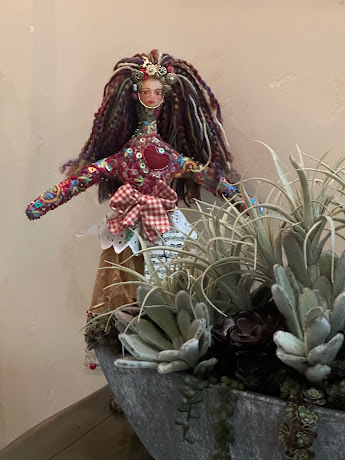 |
| Well known publicity still from the film, in the JPCF archive |
A High Wind in Jamaica was released in 1965, but I know that I didn’t see it in the cinema since I would have been only four at the time. I must have seen it when it turned up on television a few years later. I'm not even sure what country I was living in at the time. But I know it made a strong impression on me as a child.
I always loved seeing movies about children, with child actors. Since I was a little girl, I nursed an ambition to be an actress myself. For my entire childhood, I never wavered in that idea and even went to acting school as a young adult. I ended up discovering the technical and design side of Performing Arts, but that's another story. The point was I wanted to be acting myself as a child, but never had the opportunity.
I always loved seeing films about children behaving with autonomy. When I saw A High Wind In Jamaica, I was disappointed that the children ended up back with their parents in the end. When Deborah Baxter's Emily stared at the toy sailboat in the pond in London at the end of the movie, I saw a longing in her eyes. I always imagined that the character would, as soon as she was old enough, run away to return to the Sea, or return to island life at least. She would grow up to be a strange girl with odd ideas, hard to marry off.

The intent of the original book, which Alexandra Mackendrick described as a “strange little Masterpiece”, and of the movie, was to posit the idea that children were inherent savages that would revert to barbarism without the guiding hand of paternalistic adults. Pirates represented the ever-so-thin demarcation line between civilized and uncivilized grownups. For me, the idea of children being free to be whatever they wanted, pursue their own interests, and be taken care of by people who regarded them as interesting in themselves, was fascinating. I didn't see this movie as a cautionary tale at all.
To me the pirates were nice, and mostly kindly. They protected the children most of the time. And while it was based in superstition, many of the Pirates seem to regard the children as powerful. James Coburn portrayed what might be considered the villain of the piece, other than maybe the authorities. His character, first mate Zac, never warmed to the children in the way the Captain did. Zac was not amused at having a bunch of kids underfoot in the workplace, which was hardly a stretch for the actor, and felt their presence was dangerous. His foreboding unfortunately was justified.
As a child watching the film, I didn’t care that the pirates were actually trying to return the children to safety, and missed that the children had been presumed killed. Their parents were representatives of the authoritarian culture the kids were escaping. It took becoming an adult to realize that some people don’t care if they kill children, and to feel some sympathy for those poor frantic parents.
I remember as a child being infuriated that Emily was so stupid and tongue-tied on the stand in the trial. I was baffled as to why someone who I saw as being my age at the time was so incapable of speaking coherently. I remember thinking along the lines of, “Why don't you just tell them you were afraid of the Dutch Captain? Why don't you admit you did it? They won’t put you in jail - you are a kid. Why don't you tell the story more clearly?” I felt like she could have saved them, but in the end, she was just a foolish little girl. In my mind, she had squandered the opportunity to be free.
The movie did not do well in theaters, because it was poorly marketed leading to mistaken expectations from the audience. The reviews reflected the confusion about what kind of movie it was supposed to be. Perhaps it could have gone darker, to be closer to the original material. Alexander Mackendrick later opined that great books shouldn't be made into movies, but mediocre books could become great ones.
James Coburn admired his directing style tremendously, and had a very good time on that shoot. He enjoyed being in Jamaica with his entire family, enjoyed working with Anthony Quinn even though they had very different approaches, and knew that the film was yet another important turning point in his career and march towards leading man status. There are some behind-the-scenes stories about this film shoot collected in the book.
I still enjoy watching it when I see it. I love the color palette, the mis-en-scene, the ragged interpretation of clothing from the 1870s. I still feel a tug of yearning longing to go back in time and magically be a little girl who could run away from the responsibility to be well-behaved.









